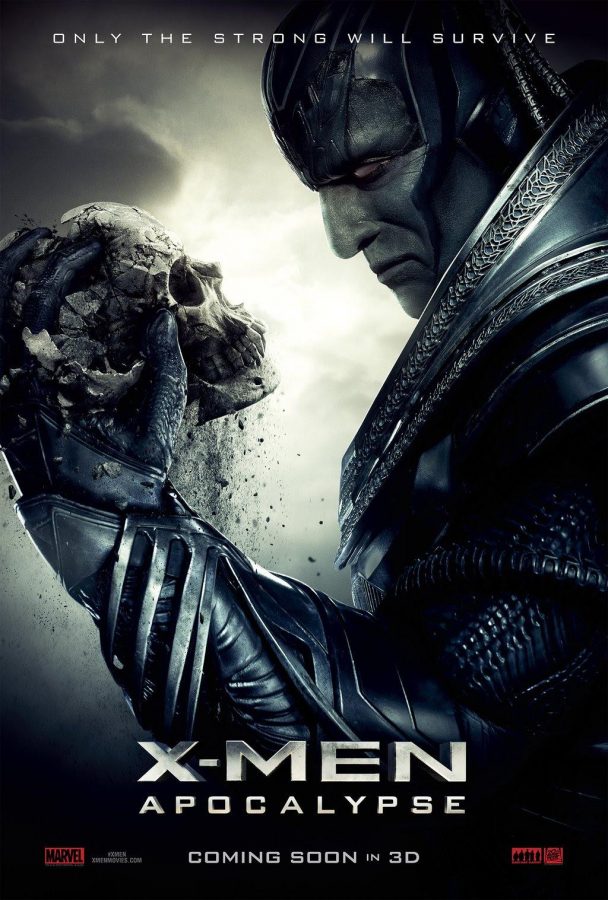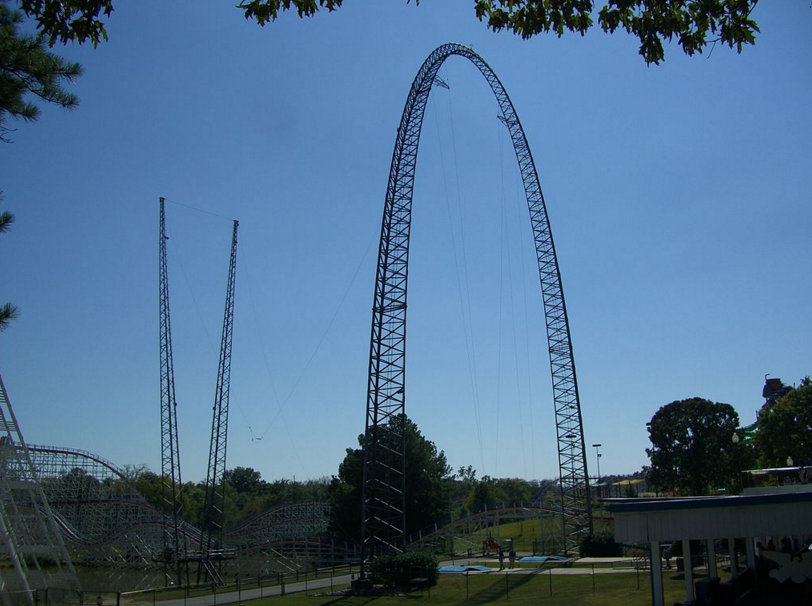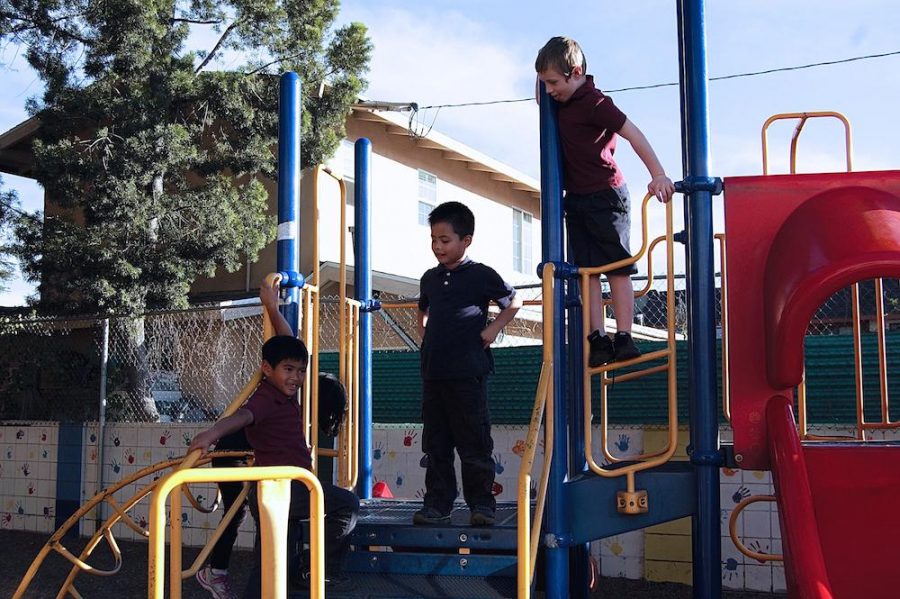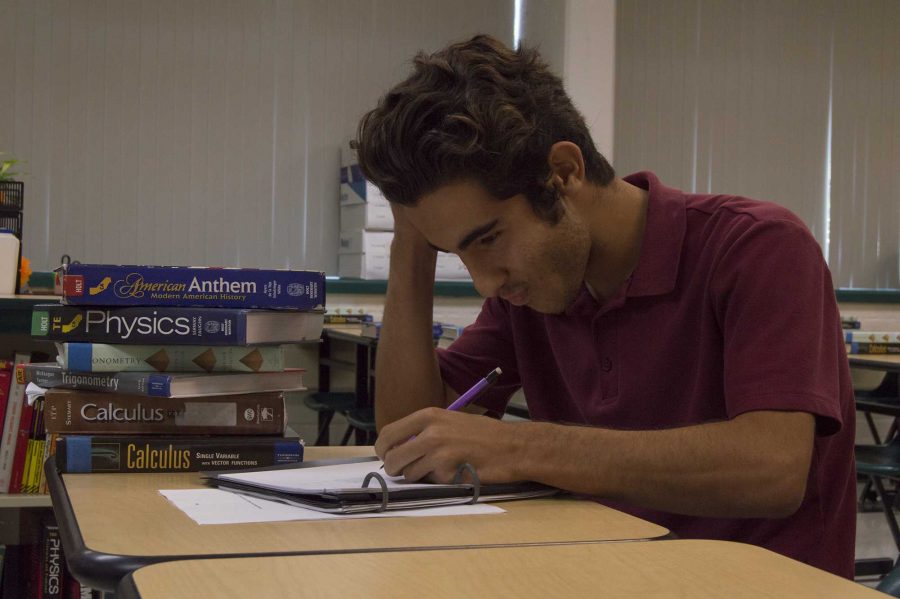(January 28, 2010) — Responsibility—a word with many refined nuances but in short, some sense of obligation we have to doing something, be it as effortless as doing homework or as noble as donating money to disaster victims of recent earthquakes in Haiti—is sadly just an afterthought to many, a burden of a guilty conscience. Clairvoyance? Please. All people care about today is the immediate goings-on of their own bubble, either blindly or willingly unaware (or perhaps uncaring) of what can happen if we don’t take the time to think about the consequences of doing nothing. Warning signs always exist for anyone who’s able to read them. Students see classmates whizzing by in a blur of speed, clearly going far too fast and driving recklessly, and think nothing of it, or even worse, say nothing. Over years, it’s become engrained in our minds that we can always learn from our mistakes, or our failures, but what about when the cost of failure is too high? Whether it be one life or 50,000, some situations need more than just a reaction; they need an initial action to prevent the situation from occurring in the first place. Society today has been conditioned to react only after the fact, and the phrase “hindsight’s always 2020” has become a staple of scrambling politicians attempting to justify their lack of preparedness. When Katrina hit in 2005, the failure of the levees—the system installed to protect the city from massive flooding—made the hurricane all the more devastating. While Katrina was clearly an act of nature, investigations showed flaws in the building design of the levees, many of which were built as far back as 1965. The system itself still wasn’t wholly complete nearly four decades after conception. Simple negligence—upkeep of the levee system for starters—turned a natural disaster into one of the costliest and deadliest in U.S. history. Needless to say, some of these things just happen; unless the master oracle himself graces us with the contents of his crystal ball, there’s no telling what the future holds. There’s just this negative fear-mongering always associated with people that try to warn us about something thanks to the nightly news. But when there’s a legitimate threat and no one does anything, someone’s to blame. Geologists had been predicting seismic activity along the Enriquillo – Plaintain Garden fault since the late nineties, with surprisingly accurate measurement in magnitude as well, and we’re supposed to be surprised? A group of scientists even presented evidence at a geological conference in March of 2008, warning major seismic activity was on the horizon. The only surprise here is why no one did anything to prepare for the disaster, which was bound to occur. Which begs to question: why? Was it, as the cynics may argue, because no one cared or considered the science behind these threats legitimate, or was it because of the state of Haiti’s social and political system in which nothing got done and no one took responsibility? While the earthquakes that struck Haiti were tragic, and while the outpour of aid from all regions of the globe may warm your heart with this great fuzzy feeling of global unity in times of crisis, there will always be that nagging thought: could this all have been avoided? Could all these lives have been spared?
Categories:
Tragedy prompts action
January 28, 2010
More to Discover








